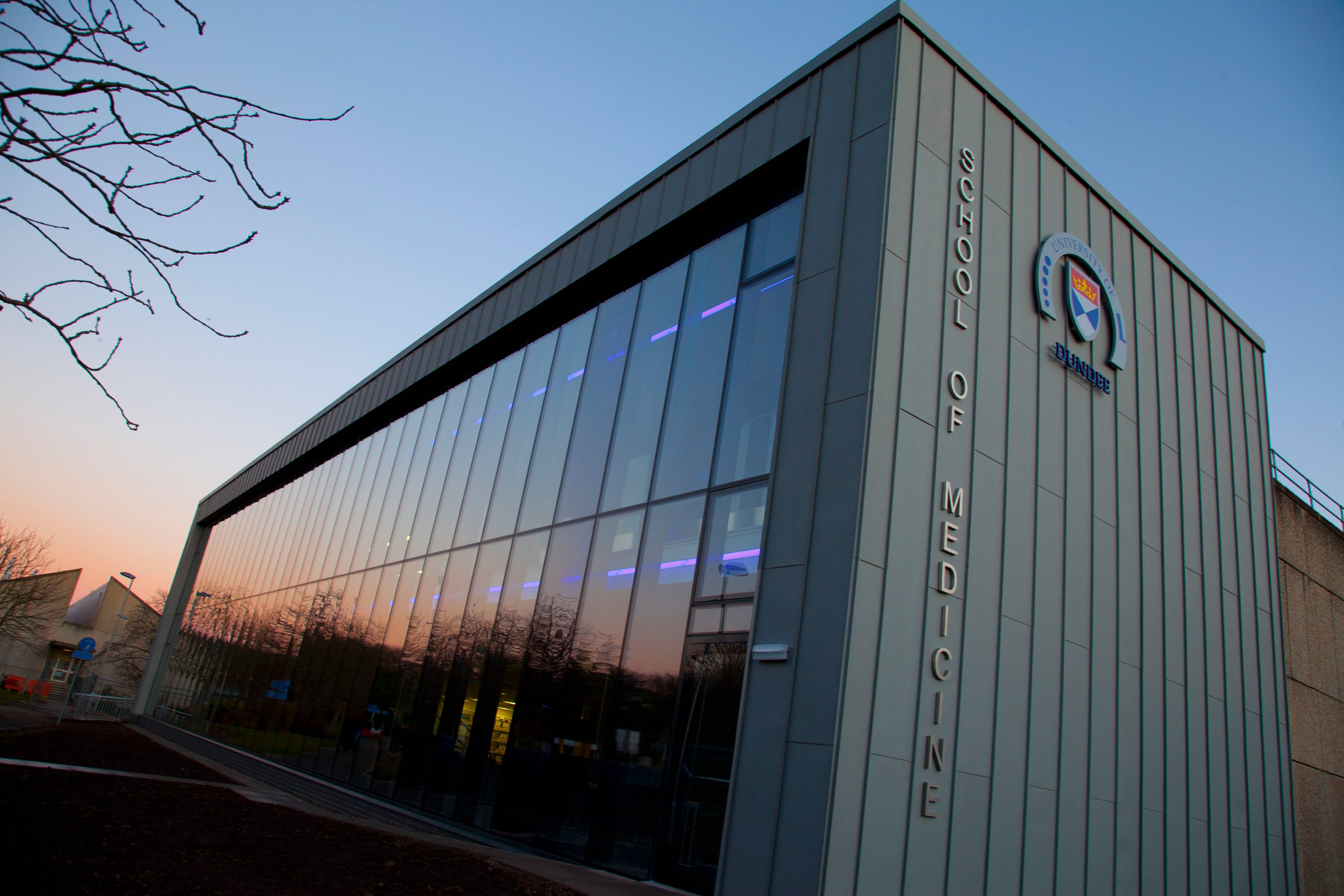Procedure to prevent Parkinson’s tremors carried out for first time in Scotland
The international clinical trial was hailed as a ‘milestone for Scottish medicine’ by medics and a ‘miracle’ by the patient.

Your support helps us to tell the story
From reproductive rights to climate change to Big Tech, The Independent is on the ground when the story is developing. Whether it's investigating the financials of Elon Musk's pro-Trump PAC or producing our latest documentary, 'The A Word', which shines a light on the American women fighting for reproductive rights, we know how important it is to parse out the facts from the messaging.
At such a critical moment in US history, we need reporters on the ground. Your donation allows us to keep sending journalists to speak to both sides of the story.
The Independent is trusted by Americans across the entire political spectrum. And unlike many other quality news outlets, we choose not to lock Americans out of our reporting and analysis with paywalls. We believe quality journalism should be available to everyone, paid for by those who can afford it.
Your support makes all the difference.Parkinson’s patients have been given hope of regaining independence after a procedure to prevent tremors was performed for the first time in Scotland.
Ultrasound thalamotomy, a non-invasive procedure that can allow people living with Parkinson’s disease to control their movements, was carried out by a team from the University of Dundee’s School of Medicine earlier this month.
The international clinical trial was hailed as a “milestone for Scottish medicine” by medics at the university and a “miracle” by the patient who benefitted from it.
It feels like a miracle. My tremor has completely gone - it’s as though I never had it. I’m now able to do exactly what I could before
It has been carried out on Parkinson’s patients elsewhere but on a limited scale as the technology is not widely available, and has been performed in Scotland on 60 patients living with essential tremor disorder in recent years.
Uncontrollable tremors are a symptom of Parkinson’s, an incurable illness, and are prompted by reduced levels of dopamine in the brain.
The incision-free procedure uses high-intensity focused ultrasound to create a lesion in a part of the brain known as the thalamus, which controls a person’s movements.
Ian Keir, 63, from Carnoustie, Angus, had the procedure this month and said he has regained his independence.
The retired firefighter was diagnosed with Parkinson’s in 2018 after suffering two years of tremors in his right hand, and said the condition made him dependent on his wife for everyday tasks – but he is now able to write again and cut his own food.
Mr Keir said: “It was very innocuous to start with, but I had no control over it. I had a feeling from my research it was Parkinson’s.
“Over the years my tremors got significantly worse. It was incredibly frustrating – I had to learn to eat with just a fork. Thankfully my wife is very understanding and was a great support to me.
“My handwriting was pretty much illegible – tremors affected my right hand, but I never really mastered writing with my left hand.
“It feels like a miracle. My tremor has completely gone – it’s as though I never had it. I’m now able to do exactly what I could before.
“I can pour a jug of water, my handwriting is back, and I’m now able to do things without thinking about them beforehand. Now I’m able to cut my own food. I was obviously nervous but the improvement was almost immediate.
“While I’m aware this isn’t a cure for Parkinson’s, it is a cure for some of my symptoms. I’m so grateful and just want to make the most of every day.”
The university is one of the world’s leading centres for research into Parkinson’s disease.
Dr Tom Gilbertson, consultant neurologist and honorary senior lecturer, said: “This is a milestone moment for Scottish medicine.
“We have already witnessed the transformative impact similar procedures have for patients living with essential tremor, so to replicate that for those with Parkinson’s – who may never have dreamed of having such control of their movements again – is a huge privilege.
“We are well versed in performing thalamotomy, having worked with essential tremor patients for several years now.
“However, we never fail to recognise the significance of what we are doing, and the life-changing impact it has on our patients.
“The university is recognised globally as a leader in Parkinson’s disease research and occasions such as this highlight the advances that are being made to help address this condition, which is one of the most pressing health challenges of our time.
“Ian is proof that research taking place here at the university is leading to advances capable of transforming the lives of Parkinson’s patients.”
Subscribe to Independent Premium to bookmark this article
Want to bookmark your favourite articles and stories to read or reference later? Start your Independent Premium subscription today.